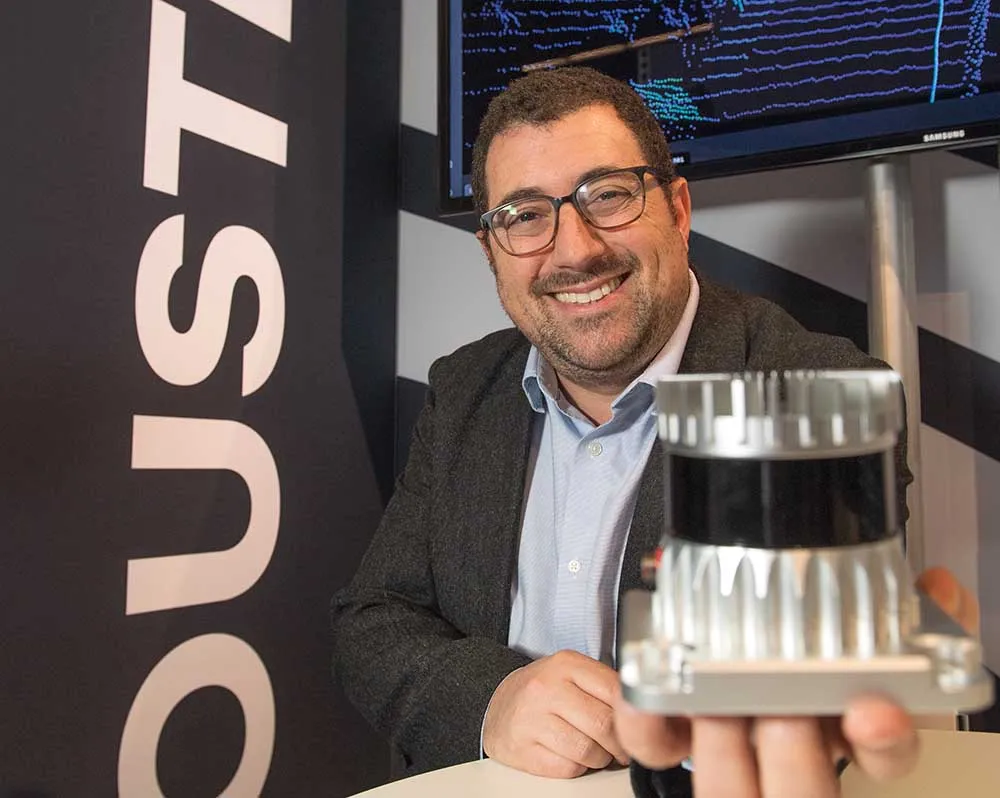KPMG has criticised the UK Chancellor for lack of investment in regional transport infrastructure in his Summer Budget 2015.
Chris Hearld, chairman for KPMG in the North, said: “Once again we have seen the Northern Powerhouse being a key plank to the Chancellor’s Budget announcement. We have always maintained that for the Northern Powerhouse to succeed, all parts of the region need to be brought on board, so it was encouraging to hear that following the lead set by Manchester, devolution deals are in the
July 9, 2015
Read time: 2 mins
Chris Hearld, chairman for KPMG in the North, said: “Once again we have seen the Northern Powerhouse being a key plank to the Chancellor’s Budget announcement. We have always maintained that for the Northern Powerhouse to succeed, all parts of the region need to be brought on board, so it was encouraging to hear that following the lead set by Manchester, devolution deals are in the pipeline for the likes of Leeds, Liverpool and Sheffield.”
However, he said it was disappointing that no further announcements were made regarding investments in regional transport infrastructure. While the introduction of an Oyster card system across the North is a nice gesture in principal, he believes it will do nothing to alleviate the lack of capacity and very little to improve the connectivity on the region’s ever-crumbling rail network.
James Stamp, head of transport at KPMG UK also commented on the Chancellor’s commitment to invest in UK roads. He noted that in his last budget, the Chancellor announced a major road investment program worth US$23 billion. The Summer Budget included a promise to ‘ring fence’ the vehicle excise duty, or road tax, providing some clarity about where funding for the ambitious road projects will be found.
However, Stamp said, “We note that while road tax raises around US$9 billion per year, this is dwarfed by income collected from fuel duty which is around US$41.5 billion. We believe that more of this income should be reinvested in roads and transport infrastructure in line with the Chancellor’s statement that money raised from drivers should be spent on the roads they drive on.”








